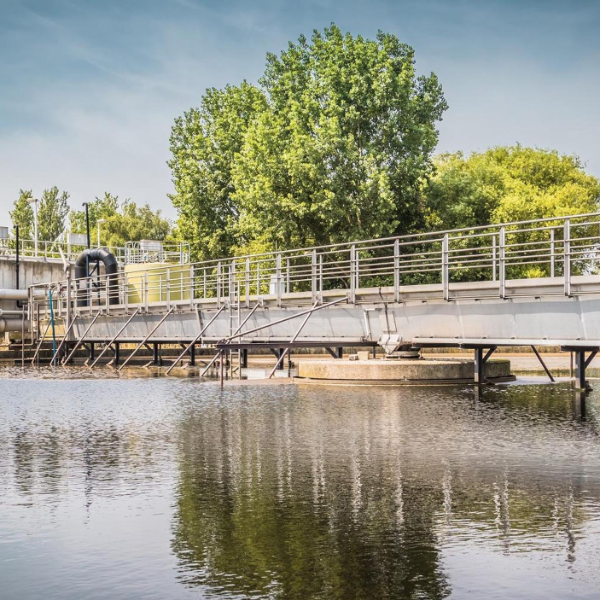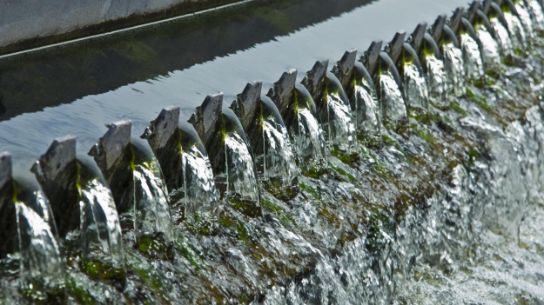Exploring options for removal of medicinal products from waste water

Exploring options for removal of medicinal products from waste water
Increasing concentrations of medicinal products are being detected in waste water. Residues of medicinal products end up in waste water after going to the toilet. This problem is becoming more serious as the population grows and ages. Medicinal products pose a risk to the Dutch watercourses and therefore also to our source of clean drinking water. More extensive purification in the waste water chain is required to reduce the effects of medicinal products on the environment. STOWA, Stichting Toegepast Onderzoek Waterbeheer [Foundation for Applied Water Research], has commissioned Witteveen+Bos to perform research into technological solutions for the removal of medicinal products from waste water.
For this research, Witteveen+Bos examined various aspects that determine the choice of technology. The aspects that were examined include: use of chemicals, metabolite formation, removal efficiency, applicability in practice and of course also the costs and sustainability per technology. The sustainability per technology was analysed by examining the energy consumption, excipients and CO2 emissions. These criteria are relevant to the functioning and selection of techniques.
This study revealed that (a combination of) ozone, granular activated carbon or powdered carbon techniques can be implemented immediately to remove medicinal products from waste water. Other techniques require a longer development programme and can be implemented in the longer term. This research focused specifically on sustainability criteria of the techniques.
Our study results allow the Dutch water authorities to make more effective choices in terms of development and investment in purification systems. The assessment framework offers a fast option for initial exploration, after which specific cases can be worked out in more detail.
More information?

Our projects
Every year we work on almost 5,000 projects on water, infrastructure, environment and construction.
